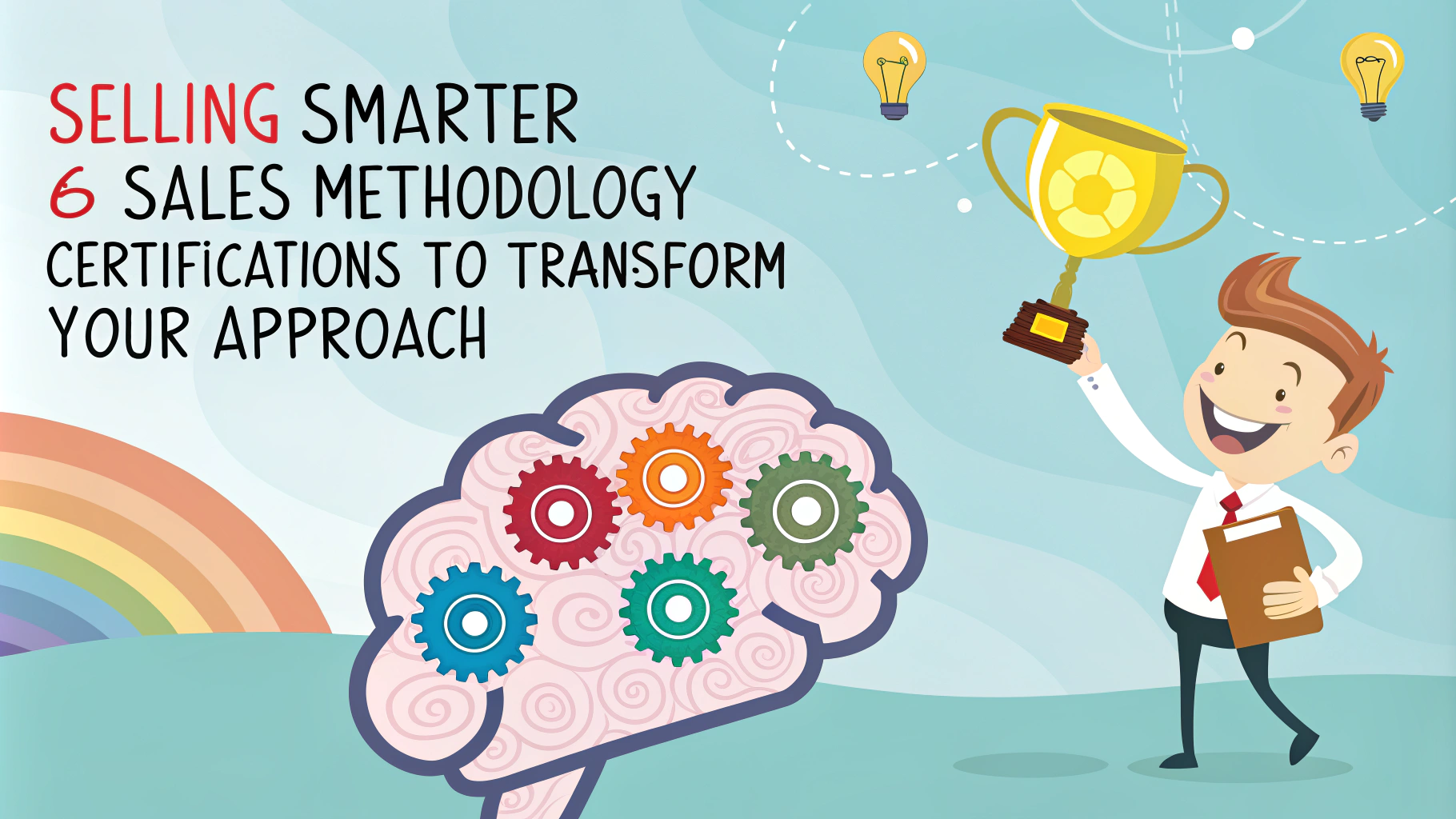Sales training is not a one-size-fits-all solution. Effective programs must be tailored to address specific challenges, industries, and organizational cultures.
Customization ensures that sales teams can apply learned concepts directly to their daily activities, increasing the likelihood of long-term behavioral change and improved results.
This article explores the key components of customized sales training programs and how they can be designed to meet unique organizational needs.
Understanding the Need for Customized Sales Training
Generic sales training often falls short in addressing the unique challenges faced by different organizations and industries.
Customized programs take into account specific products, target markets, and sales processes, making the training more relevant and actionable.
By aligning training with company goals and individual skill gaps, organizations can maximize the return on their training investment.
Tailored programs also help in reinforcing company culture and values, ensuring that sales techniques are consistent with the organization’s overall mission.
Moreover, customization allows for the integration of real-world scenarios and case studies that resonate with the sales team’s daily experiences.
Key Components of Effective Customized Sales Training
- Needs Assessment: Identifying specific skill gaps and areas for improvement
- Goal Alignment: Ensuring training objectives match organizational goals
- Content Customization: Tailoring materials to reflect company products and services
- Delivery Methods: Choosing appropriate formats (e.g., workshops, e-learning, coaching)
- Role-Playing: Incorporating company-specific scenarios for practice
- Measurement: Establishing KPIs to track training effectiveness
Each component plays a crucial role in creating a comprehensive and impactful training program.
The needs assessment forms the foundation, guiding the development of targeted content and delivery methods.
Role-playing exercises based on real situations help salespeople apply new skills in a safe environment before facing actual customers.
Designing a Customized Sales Training Curriculum
The design process begins with a thorough analysis of the organization’s sales processes, target markets, and current performance metrics.
Curriculum developers work closely with sales managers and top performers to identify best practices and areas of improvement.
Training modules are then created to address specific skills such as prospecting, needs analysis, presentation techniques, objection handling, and closing strategies.
Each module incorporates company-specific examples, product information, and customer profiles to ensure relevance.
The curriculum should also include strategies for adapting to different buyer personas and decision-making processes within the target market.
Implementing Customized Training Programs
Successful implementation requires buy-in from all levels of the organization, particularly sales leadership.
A blended learning approach often yields the best results, combining in-person workshops, online modules, and one-on-one coaching.
Training should be spaced out over time to allow for practice and application of new skills between sessions.
Regular reinforcement activities, such as role-playing exercises and sales meeting discussions, help solidify learned concepts.
Managers play a crucial role in supporting the training by providing feedback and opportunities for skill application.
Measuring the Impact of Customized Sales Training
Establishing clear, measurable objectives is essential for evaluating the effectiveness of the training program.
Key performance indicators (KPIs) may include:
- Increase in sales revenue
- Improvement in win rates
- Reduction in sales cycle length
- Enhanced customer satisfaction scores
- Increased average deal size
Regular assessments, such as skills tests and performance reviews, help track individual progress and identify areas for further development.
Customer feedback and market share analysis can provide additional insights into the training’s impact on overall business performance.
Adapting Customized Training for Different Sales Roles
Effective sales training recognizes the distinct needs of various roles within the sales organization.
Inside sales representatives may require more focus on phone and digital communication skills, while field sales teams might need advanced face-to-face presentation techniques.
Sales managers benefit from training on coaching, performance management, and sales forecasting methodologies.
Customized programs can also address the specific challenges faced by different levels of experience, from new hire onboarding to advanced skills for seasoned professionals.
By tailoring content to each role, organizations ensure that every team member receives relevant and applicable training.
Conclusion
Customized sales training programs offer a targeted approach to improving sales performance and achieving organizational goals.
By tailoring content, delivery methods, and measurement strategies to the specific needs of the company and its sales team, these programs provide a higher return on investment than generic solutions.
Continuous assessment and adaptation of the training curriculum ensure that sales teams remain equipped with the latest skills and strategies to succeed in an ever-changing market landscape.





